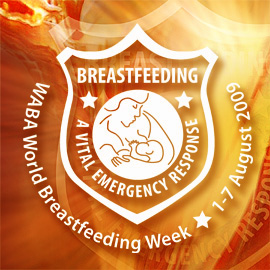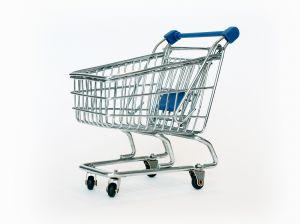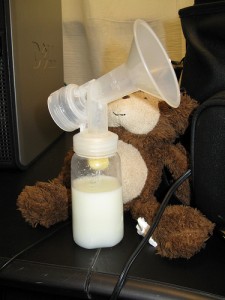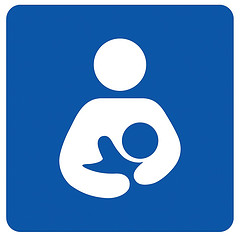Breastfeeding: Making More Milk
![]() In honor of World Breastfeeding Week, I wanted to highlight a book that offers hope, encouragement, and information that will help women overcome some of the devastating issues of low milk supply.
In honor of World Breastfeeding Week, I wanted to highlight a book that offers hope, encouragement, and information that will help women overcome some of the devastating issues of low milk supply.
The Breastfeeding Mother’s Guide to Making More Milk by Diana West and Lisa Marasco has been an eye opening book for me. As someone who struggled with a low milk supply while breastfeeding, not once but twice, I found this book amazingly helpful as I read it. I heard about it from another birth teacher. Oh, how I WISH I had known about this book after our third baby was born almost two years ago! (It wasn’t written 6 years ago when my first was born) I don’t know that all my breastfeeding problems would have been solved but it would have offered me some peace and answered several of my questions. I love nursing and it is a real struggle for me that I have had so much trouble feeding and sustaining my babies on breastmilk alone.
Making More Milk explains the biological process of how breastmilk is produced. It explains how hormones, the mother’s physical development, the baby, and the mother all work together to make a plentiful supply of milk. This book covers more detail than any other breastfeeding book I’ve read about problems that can effect milk supply.
This book is FAR more than a “just pump and you’ll increase your milk supply” solution to milk supply problems. It covers in detail ideas about how to make a plan for managing milk supply, preventing low milk supply, altervative treatments and possibilities for treating low milk supply. It is the only book I am aware of that was written specifically for women who have difficulties with milk supply. Each chapter has helpful information and things to consider when dealing with milk supply problems.
If you had trouble breastfeeding with a previous child and want to try again but are nervous about trying because you are scared you’ll run into the same problems, I highly recommend this book. If anything, you will probably gain a better understanding of WHY you have milk supply issues.
Have you ever heard of this book? Struggled with low milk supply? Scared to try again? Tell us your story!
Share the fun: Email + Del.icio.us + Digg + Technorati


 Several of my friends have been discussing with me how they are tightening up their monthly budgets. We have been doing the same in our house. We live in a pretty small house for having three children and I am happily trying to spend less money so we can move into a little larger home hopefully soon after the first of the year! One area of our family’s budget which we have a lot of control over is our grocery bill. We include diapers, toiletries, and cleaning items in our grocery bill and have budgeted about $500 a month on grocery items. While that is not very much money for a family of five, with one on Pediasure, it’s a very doable number for our family. However, I am trying to get that number even lower!
Several of my friends have been discussing with me how they are tightening up their monthly budgets. We have been doing the same in our house. We live in a pretty small house for having three children and I am happily trying to spend less money so we can move into a little larger home hopefully soon after the first of the year! One area of our family’s budget which we have a lot of control over is our grocery bill. We include diapers, toiletries, and cleaning items in our grocery bill and have budgeted about $500 a month on grocery items. While that is not very much money for a family of five, with one on Pediasure, it’s a very doable number for our family. However, I am trying to get that number even lower! I recently started pumping breastmilk for my second baby and I love the freedom it brings me. I never pumped for my first child. It was a source of pride for me that a bottle nipple never touched the lips of my baby and she went straight to a straw cup. I have since gotten over that pride.
I recently started pumping breastmilk for my second baby and I love the freedom it brings me. I never pumped for my first child. It was a source of pride for me that a bottle nipple never touched the lips of my baby and she went straight to a straw cup. I have since gotten over that pride. There is a great discussion over on
There is a great discussion over on 
